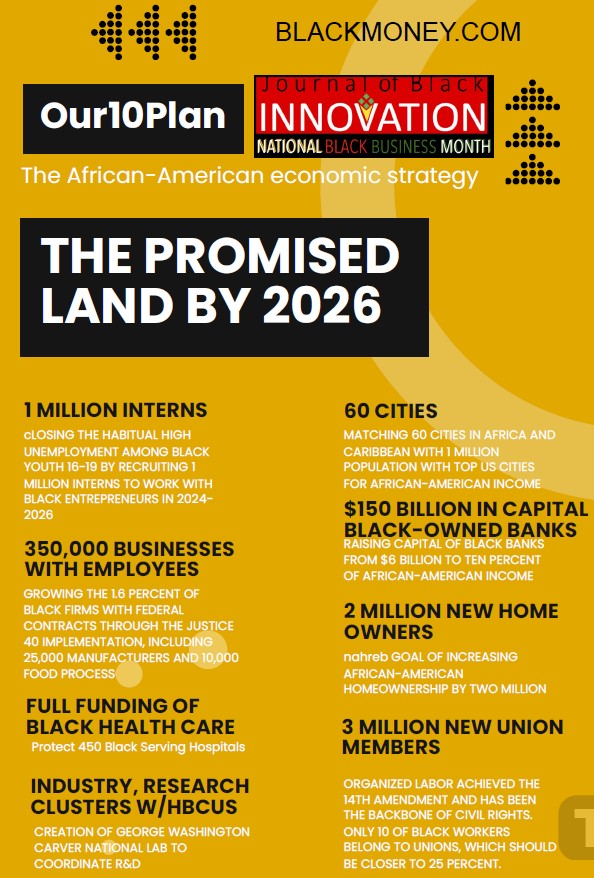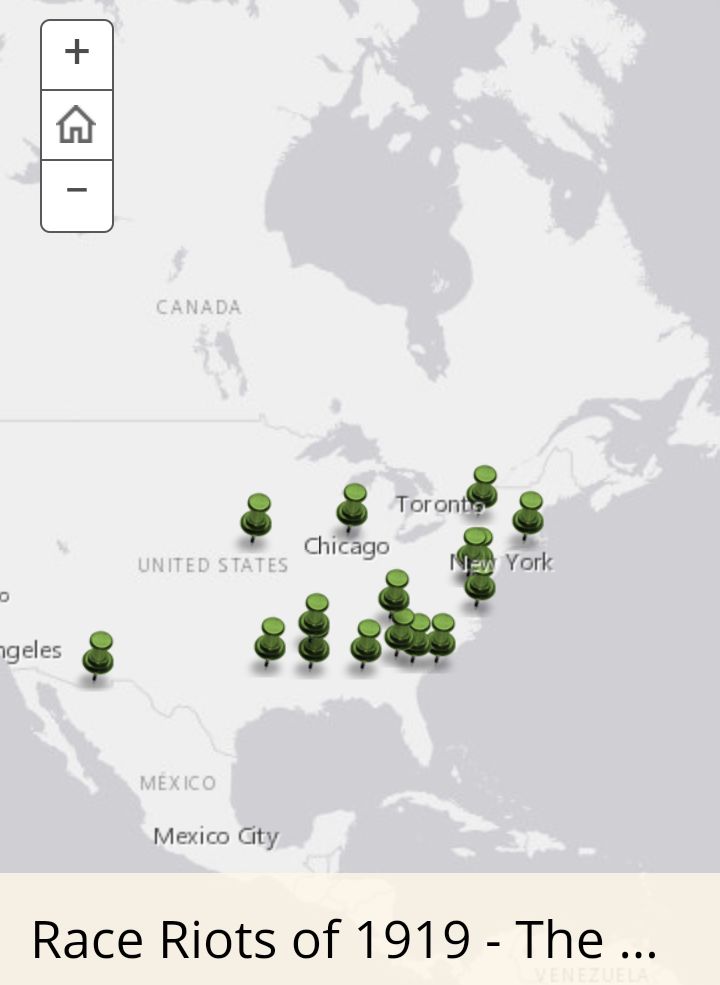
ATLANTA — More than 2,000 Black communities suffered the same fate as Tulsa between 1824 and 1973, historian John William Templeton told the Georgia Coalition of Black Chambers to mark the anniversary of the Tulsa massacre on June 1, 1921.
He urged the chambers to be part of the Southern Black Business Heritage Trail to preserve those legacies and shape future policies.
Templeton cited the 1866 Memphis and New Orleans massacres that led to the 14th Amendment to frame the definition of racial discrimination as “organized violence to achieve economic advantage.”
Eleven volumes of Congressional testimony from field hearings documented the violence that newly freed African-Americans faced, even after 209,145 served as the decisive factor in the Civil War. In his podcast, The Promised Land, Templeton noted that the phenomenon has continued because of the failure to hold criminal bigots accountable. The U.S. Justice Department was created in 1870 to enforce the 14th Amendment, arresting 3,000 in its first three years for violating the Anti-Ku Klux Klan Act. In the 150 years since, it has not arrested that many despite the spread of Jim Crow.
During and after World War II, when twice as many African-Americans served, 400,000, Black communities faced the Red Summer for almost five years. That followed such incidents as Wilmington in 1898, Atlanta in 1906, Springfield in 1908, the precipitating event for the formation of the NAACP.
In addition to that illegal activity, researcher Dr. Mindy Fullilove points out that after World War II, when two million African-Americans served the nation under the Double Victory promise made by President Franklin D. Roosevelt to A. Philip Randolph, the federal government then created laws to displace more than 1,900 Black business districts through urban renewal.
Templeton’s book Come This Far By Faith, African-Americans 1980-2020 examines the 40 years after the Community Reinvestment Act, which required all federally regulated financial institutions to make loans in historically underresourced communities. Although 90 percent of African-Americans lived on blocks that were 100 percent Black in 1980, in most cities, many of those blocks no longer had any African-Americans at all. That has had a severe impact on Black political power in places like Detroit, which no longer has any Black representatives in Congress.
VOTEBLACKBUSINESS: State of Black Business, 21st edition describes the implementation steps for Our10Plan: the African-American economic strategy designed by Templeton in 2014 with national Black organizations towards the end of the Obama administration. The strategy described monthly through the Journal of Black Innovation has resulted in the most significant legislation and appropriations investing in Black communities over the past five years.

To subscribe to the Journal, receive VOTEBLACKBUSINESS and attend 31 Ways 31 Days professional development during the Journal of Black Business National Black Business Month in August, click this link
You may also like
-
70 Cities Leaders Provide Diaspora Insights
-
Flint’s Weaver says water illustrates why the 14th Amendment is important for African-Americans
-
Hurricane shows health care vulnerability
-
Holness: “We are bearing the brunt of climate change”–Earliest Category 5 storm in history
-
How strategy, courage and unity brought the Civil Rights Act of 1964 into law 60 years ago

